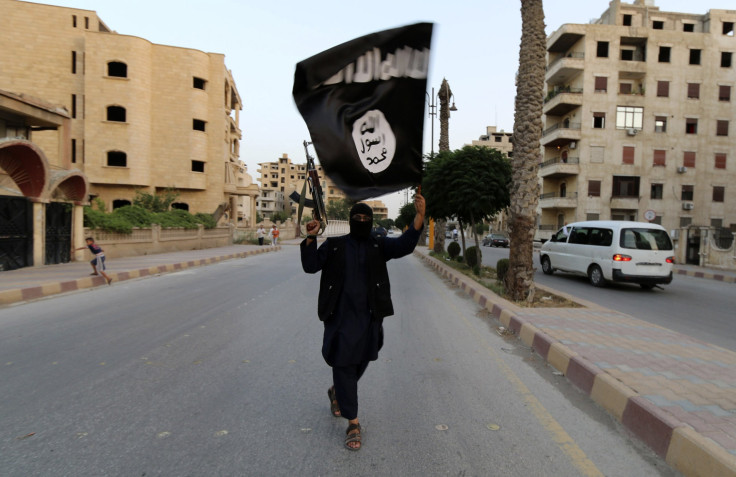What Is An ISIS Sleeper Cell? After Paris Attack, Concerns Mount That Islamic State Operatives Could Export Terror

The Islamic State group, also known as ISIS, has been calling on supporters around the world to set up sleeper cells since at least August 2014, after a U.S.-led airstrike campaign began bombing militant targets. The threat level has risen as a campaign against ISIS has intensified, and on Friday evening for the first time in a country outside the Middle East, their threat of attacks around the globe seemed to have played out. A coordinated operation in Paris that left at least 129 people dead and hundreds more wounded was believed to be the work of ISIS supporters, stirring fear that the militant group could perpetrate further terrorist attacks.
So what is a sleeper cell? Sleeper cells are underground groups of terrorists who wait to stage attacks in locations around the world. Members of sleeper cells are trained and ready to act at their leaders' command, but their coordination with central command units often varies. While some might take direct operational orders, others might act more independently, simply waiting for the call. They have been likened to reservist soldiers, and they're a major part of how non-state militant groups like al Qaeda or ISIS operate.
The nightmare becomes real if this true: indications that some terrorists were French citizens returned from Syria who formed sleeper cell
— Andrew Neil (@afneil) November 14, 2015Members of sleeper cells often lead mundane lives so as to not attract attention. Most are small groups of just a few people -- some even operate alone -- and they often have no ties with other cells or networks, helping ensure they remain undetected. An ISIS operative in southern Turkey reportedly told a reporter with BuzzFeed earlier in the year that they had sent thousands of operatives to Europe through smugglers.
Some have speculated that as countries surrounding Syria have cracked down on routes that lead into the country, making it more difficult for foreign supporters to join ISIS, recruiters are increasingly encouraging prospective members to set up cells in their own countries. The string of simultaneous attacks in Paris Friday may have marked a strategy shift -- a sign that the group might increasingly focus on utilizing its supporters to export terror around the globe.
"The change is that ISIS is now emphasizing disruptive terror attacks in the wider world far more than it was before. This is an operational shift that will have strategic implications," Harleen Gambhir, an analyst at the Institute for the Study of War in Washington, told International Business Times Saturday. "It is the most dangerous course of action that we assessed ISIS could take, because it is the most disruptive to the world order."
© Copyright IBTimes 2024. All rights reserved.






















